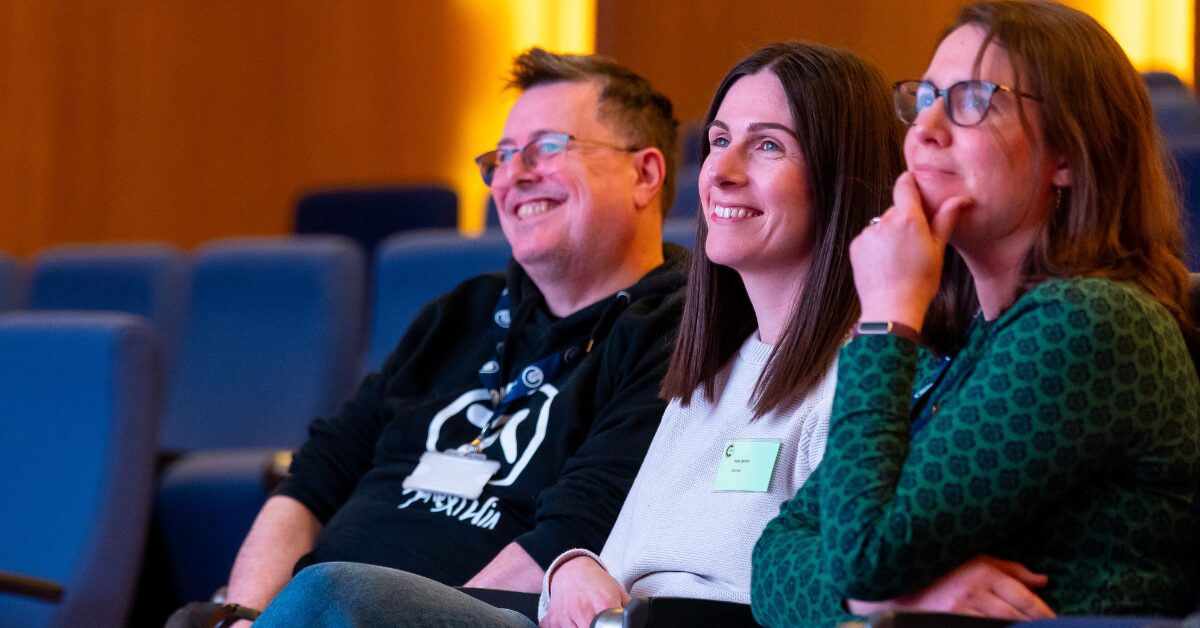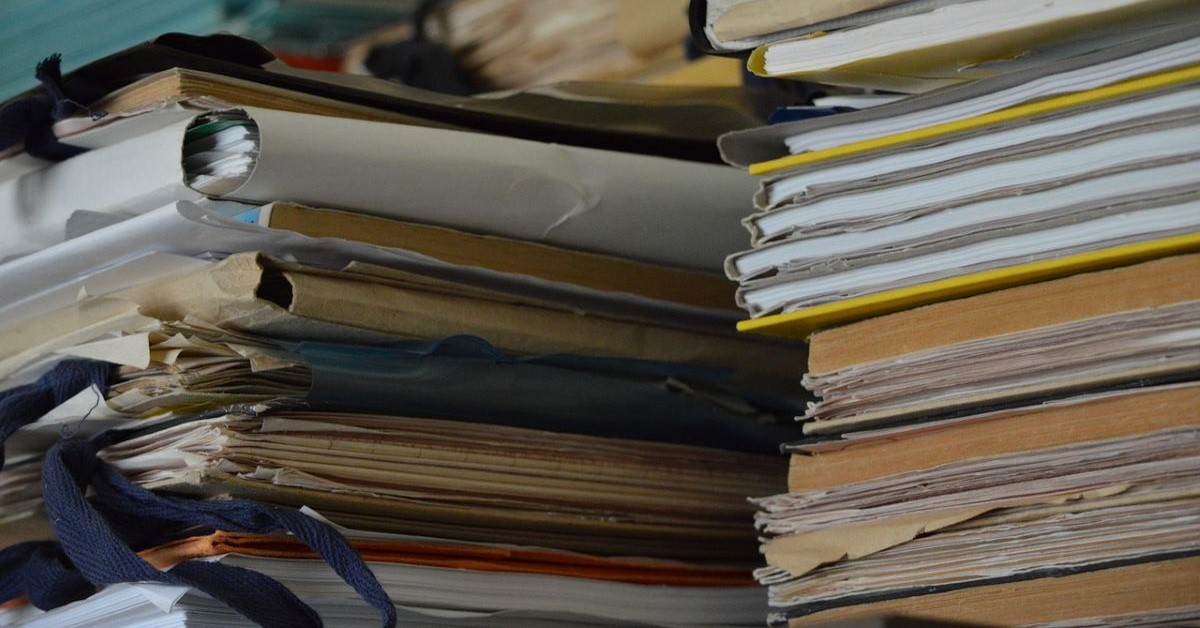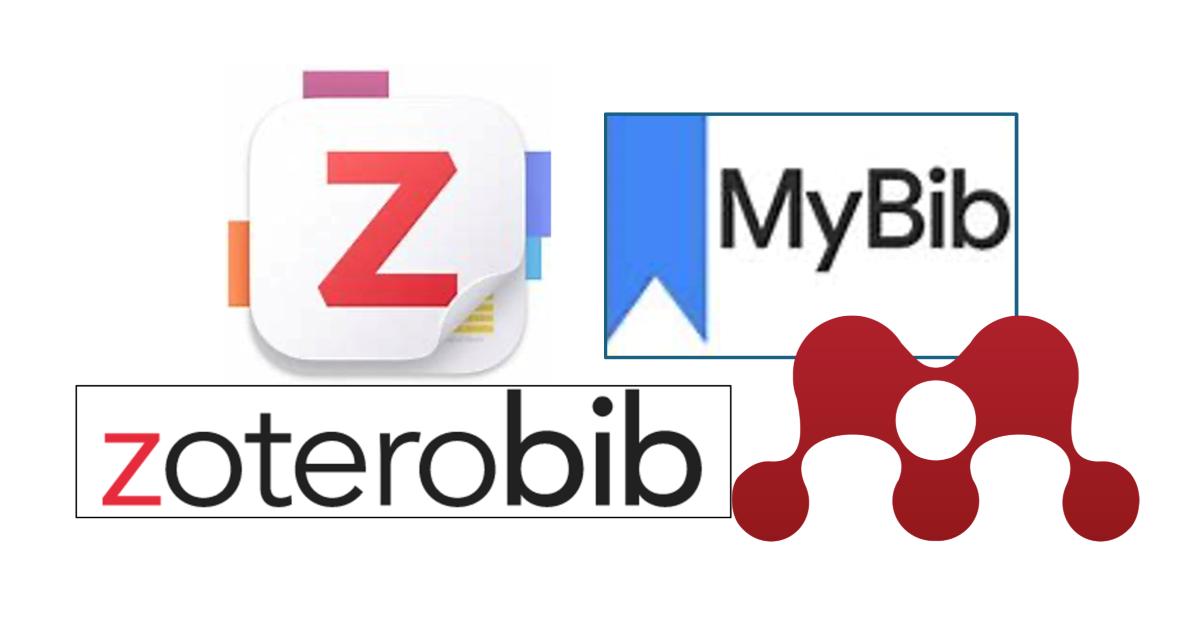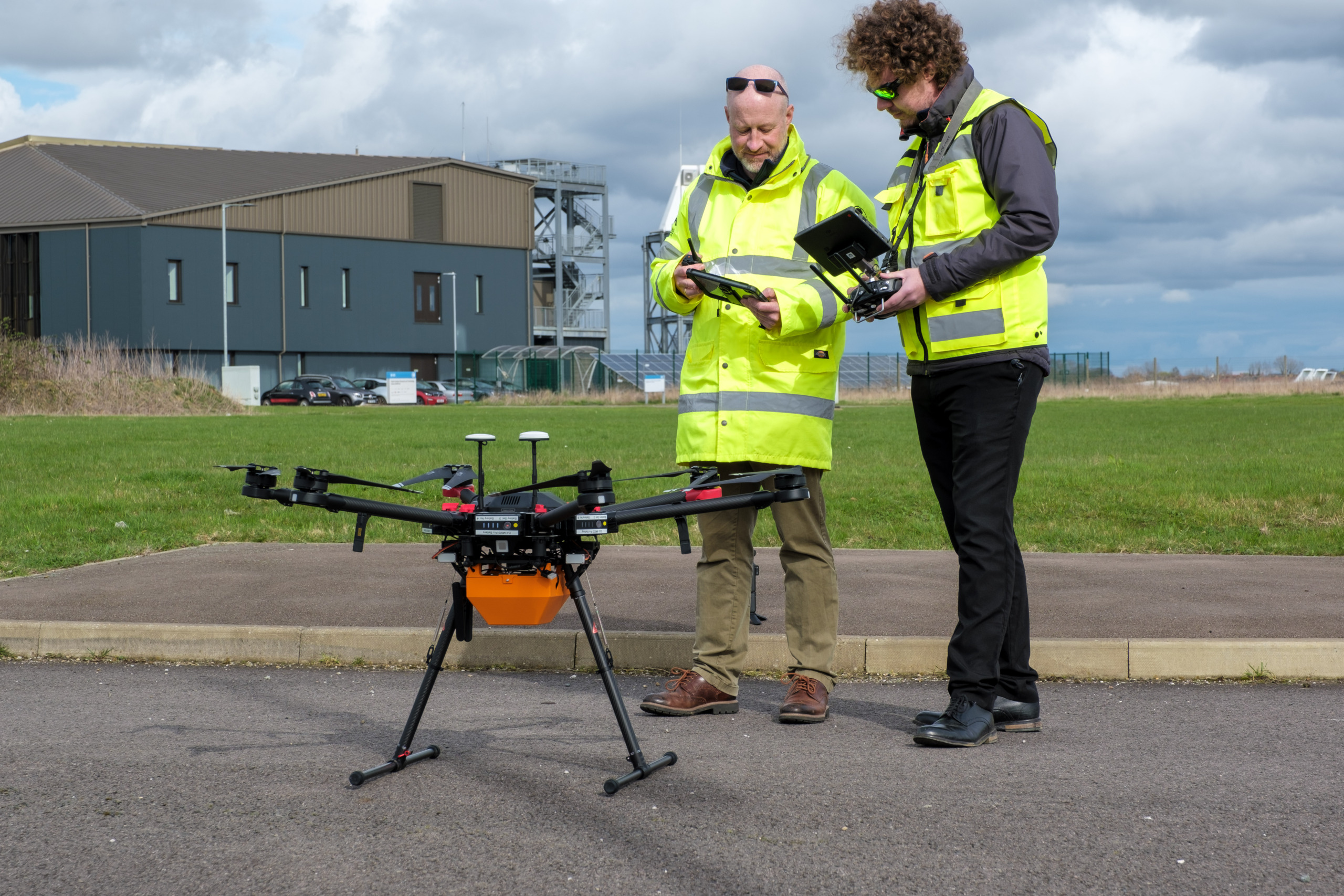Confused by copyright?
02/08/2017

As researchers are increasingly expected to publish research outputs online, including data, the question of copyright and licensing often arises. Are they different, and how do they affect each other? Because they have legal implications, people often worry about getting it wrong, so let’s try to demystify this area…
What’s the difference between copyright and licensing?
“Copyright” is a legal term used to define a type of intellectual property which includes literary works such as books, papers, or computer code, and artistic works such as music and films. Copyright protects the expression of ideas, not the ideas themselves, and it automatically arises when materials are first created. Copyright allows the owner to legally prevent others from making and using copies without permission.
“Licensing” is a way of giving this permission. It is usually a contractual agreement between the copyright owner and the user, and sets out what the user is allowed to do with the item. Materials published online should have a licence attached, that users are obliged to adhere to when they use that material.
I still don’t get it… give me an example
In the publishing industry, an author owns copyright of their novels, but will often grant a license to a publishing company to make and sell copies (usually receiving a royalty in return); nevertheless they still have copyright of their novels. Abstract concepts can be tricky, so a physical metaphor might be thinking of copyright as the deeds to a house – it states that you own that house – and licensing is like renting the house out. You retain ownership of the house, but you can set a rental agreement (a licence) laying out how others may use it.
Copyright material can be licensed to different people with different terms, e.g. allowing or disallowing commercial use by different parties (just as you could rent out a property to different people for different types of use).
So who owns copyright of what I create in employment: me or Cranfield?
By default, the creator of a work owns copyright of it, unless it is created in employment. The Copyright, Designs and Patents Act 1988 says that any copyright materials made by an employee in their course of employment are owned by the employer. However, UK universities do make exceptions.
For example, it is normal practice for authors to own copyright in academic publications, and this is covered in Cranfield’s Intellectual Property Policy (internal pdf). It states that the University is happy for employees to own the copyright in artistic works, books/chapters, journal articles, conference presentations (papers/oral/posters), and musical scores created within employment.
Of course, where a project is externally sponsored, there may be variation – the research contract will set out who will own what outputs.
What happens to copyright when I publish materials?
It all depends on where you’re publishing and the agreement you make with that publisher. Most commonly, the agreement simply grants a licence for publishers to use that material but you retain copyright over it. However, in the same way that you can sell a house, you can transfer ownership of copyright materials completely; you should check publication agreements carefully to ensure that this isn’t the case.
For example, if you publish data with the UK Data Archive, this is usually via an agreement that states that the copyright holder retains copyright of the archived data, but licenses the UKDA to process and distribute that dataset. The UKDA is merely a publisher of the data and does not take any rights over it.
Similarly, if you use our institutional data repository CORD, you are not transferring copyright, but simply allowing CORD to host and publish your data. When publishing your data there, you must assign a licence, which tells anyone accessing your data what they are legally allowed to do with it. (See also: Choosing a licence for your data.)
And what’s Crown copyright?
The copyright of any work done by an employee of the Crown (e.g. a civil servant) in the course of their employment is owned by the Crown (government): this is known as Crown Copyright. This can apply to work done by universities where the work is under the direction of the government; this is sometimes the case at Cranfield. You can usually still publish your outputs as an agent of the copyright holder, however, it is crucial that you have agreement from them. The most usual licence for Crown copyright material is the Open Government Licence (see the UK Government Licensing Framework).
This is actually interesting, tell me more!
The UKDA’s copyright pages are good further reading, especially case studies on copyright in scenarios such as data reuse or public domain data. There are also guidelines from the UK Intellectual Property Office.
Public domain image from StockSnap.
Categories & Tags:
Leave a comment on this post:
You might also like…
Credibility, confidence and collaborative focus: The impact of studying for a sustainability apprenticeship at Cranfield
For participants on Cranfield’s Sustainability Business Specialist Apprenticeship, it doesn’t take long for their studies to start to have an impact, with that impact ranging from personal growth and career progression, to organisational effect ...
Meet Mendeley: a powerful referencing tool that does the hard work for you!
Are you looking for a way to manage your references, create in-text citations and reference lists for your assignments or thesis? If so, you may wish to consider using Mendeley. What is it? Mendeley is ...
Adding documents to your Mendeley account
To make the most of a Mendeley account, it is useful to create and maintain a ‘Library’ of references. You can add references and documents to this Library in a number of ways: 1) Drag ...
Choosing the right reference management tool for you…
Are you thinking about using reference management software to help you manage your references? The Library is here to help you. While Mendeley has been our go-to reference management software for some years, we've recently ...
Cranfield Seed Fund recipient, Cosysense, are using AI to solve air conditioning problems and provide a net zero alternative
If you’ve ever worked in an office environment you’ve probably been involved in, or overheard, a conversation about the air conditioning. Well, it’s no surprise it’s a common complaint when research shows that up ...
An Eye-Opening Journey in Advanced GIS & Remote Sensing at Cranfield University
My experience in the Advanced GIS and Remote Sensing course at Cranfield University was nothing short of transformational. From day one, the course was designed to provide both technical expertise and real-world applications. What ...






